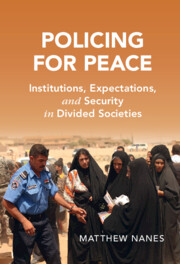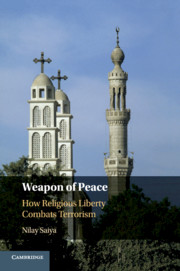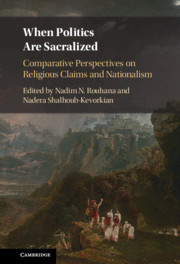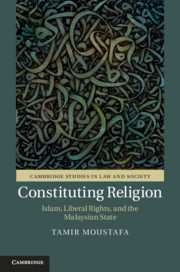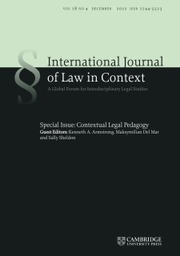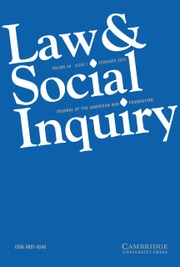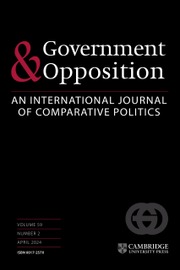Policing for Peace
Institutions, Expectations, and Security in Divided Societies
$130.00 (C)
Part of Cambridge Studies in Law and Society
- Author: Matthew Nanes, Saint Louis University, Missouri
- Date Published: November 2021
- availability: Available
- format: Hardback
- isbn: 9781108839051
$
130.00
(C)
Hardback
Other available formats:
Paperback, eBook
Looking for an examination copy?
If you are interested in the title for your course we can consider offering an examination copy. To register your interest please contact [email protected] providing details of the course you are teaching.
-
In communities plagued by conflict along ethnic, racial, and religious lines, how does the representation of previously-marginalized groups in the police affect crime and security? Drawing on new evidence from policing in Iraq and Israel, Policing for Peace shows that an inclusive police force provides better services and reduces conflict, but not in the ways we might assume. Including members of marginalized groups in the police improves civilians' expectations of how the police and government will treat them, both now and in the future. These expectations are enhanced when officers are organized into mixed rather than homogeneous patrols. Iraqis indicate feeling most secure when policed by mixed officers, even more secure than they feel when policed by members of their own group. In Israel, increases in police officer diversity are associated with lower crime victimization for both Arab and Jewish citizens. In many cases, inclusive policing benefits all citizens, not just those from marginalized groups.
Read more- Addresses the timely, globally-relevant topic of representation in policing in a diverse set of countries
- Takes an interdisciplinary approach, bringing together rich but disparate literatures in political science, criminology, economics, and sociology
- Draws on unique data, both qualitative and quantitative, from understudied contexts for a mixed-methods approach brings the subject to life while rigorously testing hypotheses
- Provides much-needed guidance based on empirical evidence for policymakers working around the globe
Customer reviews
Not yet reviewed
Be the first to review
Review was not posted due to profanity
×Product details
- Date Published: November 2021
- format: Hardback
- isbn: 9781108839051
- length: 200 pages
- dimensions: 235 x 159 x 17 mm
- weight: 0.5kg
- availability: Available
Table of Contents
Preface
Acknowledgments
1. Introduction: the challenge of institution-building in divided societies
2. Power sharing, policing, and peace
3. Sectarianism and conflict in the iraqi police
4. Identity and inclusion in the israeli police
5. Perceptions
6. Police integration and anti-government violence
7. Citizen cooperation and crime
8. Barriers to integration
9. Conclusion: peace building through institutional inclusion
A data and methods
Bibliography
Index.
Sorry, this resource is locked
Please register or sign in to request access. If you are having problems accessing these resources please email [email protected]
Register Sign in» Proceed
You are now leaving the Cambridge University Press website. Your eBook purchase and download will be completed by our partner www.ebooks.com. Please see the permission section of the www.ebooks.com catalogue page for details of the print & copy limits on our eBooks.
Continue ×Are you sure you want to delete your account?
This cannot be undone.
Thank you for your feedback which will help us improve our service.
If you requested a response, we will make sure to get back to you shortly.
×
